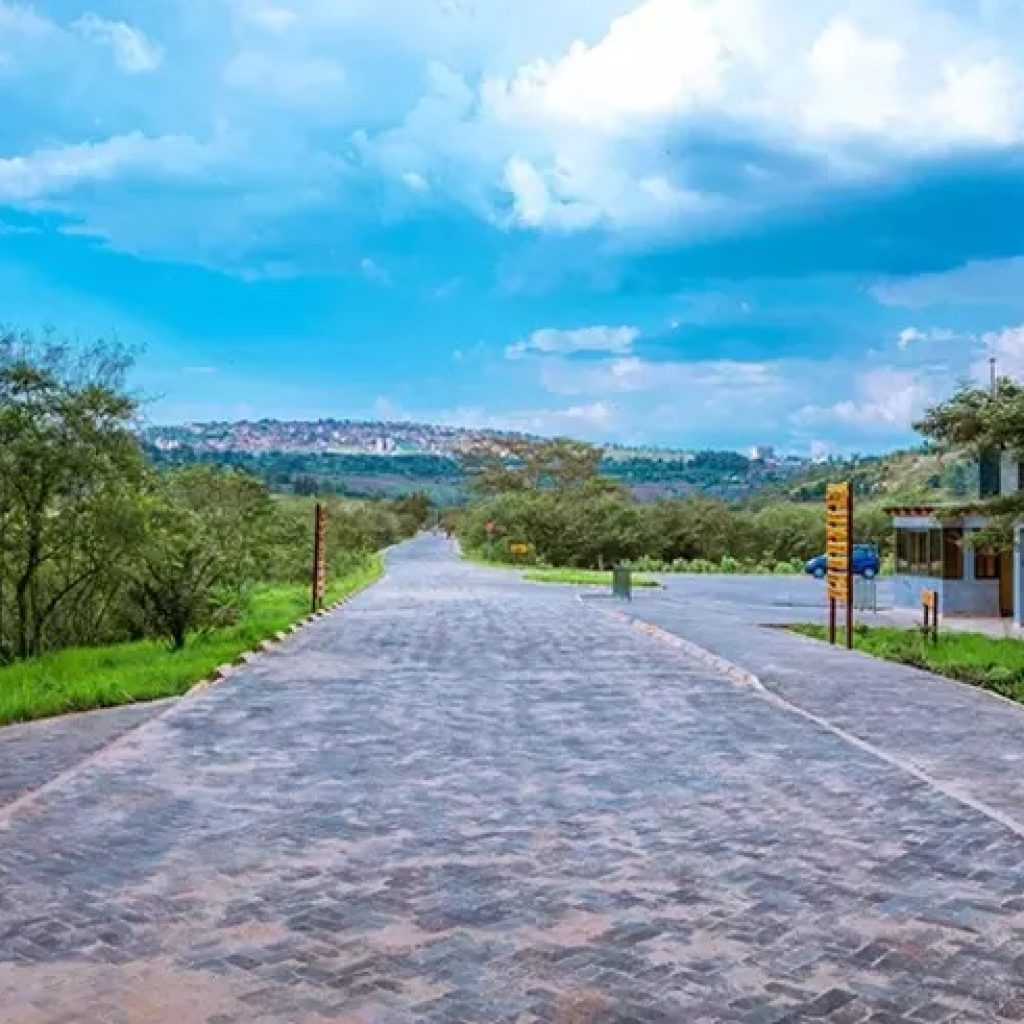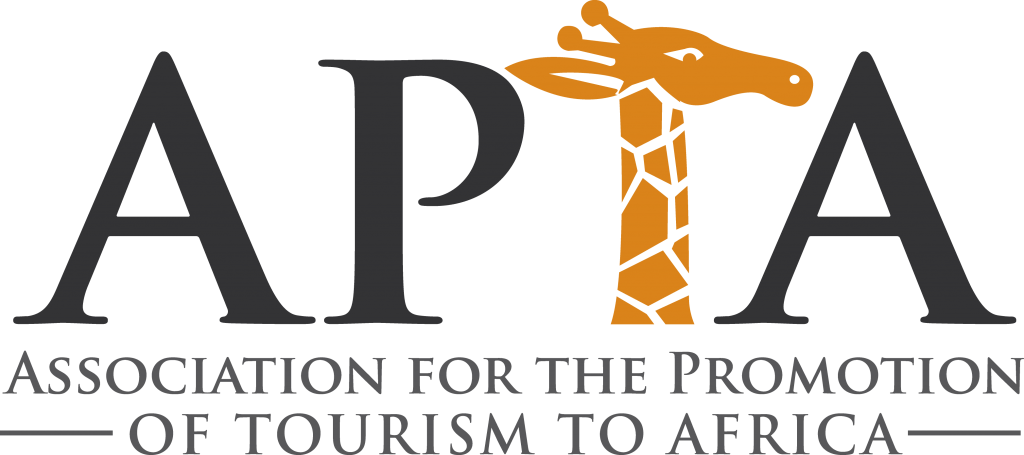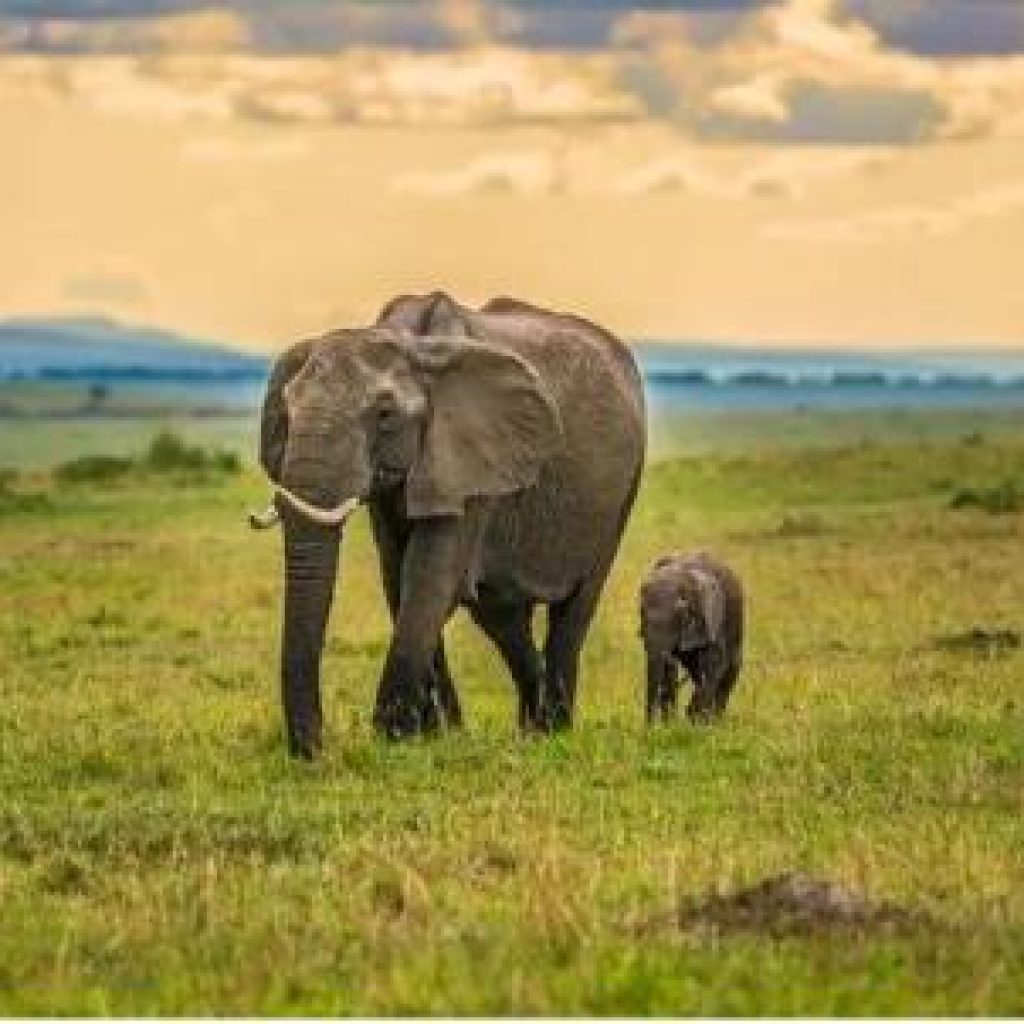
Rwanda Environment Management Authority (REMA) and Rwanda Development Board (RDB) have signed a six-month agreement with QA Venue Solutions to open and manage Nyandungu Eco-Park.
QA Venue Solutions is a pan-African venue solutions provider in the event venue, entertainment & hospitality industry in South Africa and Rwanda.
From a degraded wetland to an educational and recreational eco-park in the heart of Rwanda’s capital city, Nyandungu Eco-Park is now open to the public effective Friday July 8, 2022.
The 121 hectare park (70 hectares of wetland and 50 hectares of forest) features a medicinal garden, a Pope’s garden, five catchment ponds, three recreation ponds, an information centre, a restaurant as well as 10km of walkways and bike lanes.

L-R: Juliet Kabera, Director General of the Rwanda Environment Management Authority; Zephanie Niyonkuru, Deputy Chief Executive of the Rwanda Development Board; and Kyle Schofield, Managing Director of QA Venue Solutions, sign the agreement to open and manage Nyandungu Urban Wetland Eco-Tourism Park, in Kigali on July 7. Photos: Courtesy.
The park is home to more than 62 local plant species and more than 100 bird species and is the first public recreational and touristic facility of its kind in Kigali.
Juliet Kabera, Director General of the Rwanda Environment Management Authority, said the Nyandungu wetland represents the value of restoring urban ecosystems, and will serve as a blueprint for other wetlands in Kigali and across the country.
“Urban wetlands play a critical role in preventing flooding, addressing pollution and are home to unique biodiversity. As we face the impacts of climate change, wetlands will be a key ally to protect lives and livelihoods. We look forward to working with our partners to replicate the success of restoring Nyandungu in other urban wetlands in Kigali and across the country,” she said.
Why the park should be conserved
The rapid growth of Kigali and the associated human activities have put significant pressure on the wetlands.
Wetlands, including Nyandungu, have been degraded and this led to biodiversity loss.
Encroachment has also resulted in downstream flooding as well as increased pollution due sewage outflows.
“The restoration of Nyandungu wetland to an eco-tourism park serves as an example of Rwanda’s efforts and commitment towards environmental protection, particularly for the conservation of wetland ecosystems as well as eco-tourism,” said Zephanie Niyonkuru, Deputy CEO of the Rwanda Development Board.
“We look forward to welcoming local and international tourists to create fond memories in this new biodiversity hotspot in Kigali.”

The entrance to the Nyandungu Urban Wetland Eco-Tourism Park. The facility boasts walkways and cycling lanes stretching over eight kilometres.
Teddy Mugabo, CEO of the Rwanda Green Fund (FONERWA) added: “Investing in nature is the best investment we can make. By protecting and restoring our ecosystems, we create jobs, improve people’s well-being and build community resilience to climate change and extreme weather events.”
She said the first phase of the agreement is a trial of six months and the second phase will see an extension to five years or more of managing the park.
“At least 200 jobs will be created in the management of the park,” se noted.
The Nyandungu Eco-Park will be open from 6am to 6pm, seven days a week.
QA Venue Solutions is expected to offer guided tours to visitors and its attractions and will soon, at the end of the month, announce what (packages) it requires for tourists and visitors to visit the park.
“Our aim through this partnership is to work side by side with the government to achieve the objectives set out for the Nyandungu wetland, while preserving the space and allowing for the community to benefit from it through educational and recreational activities,” said Kyle Schofield, Managing Director, QA Venue Solutions.

Some of the magnificent artificial ponds created in the park.
“The initial phase of the partnership is to understand the park and open the park for the visitors’ experience. We will create a system to access the park,” he said.
Initial projections indicate that the park should generate over Rwf1bn profit in the first 12 years of operation, meaning approximately over Rwf83.3m every year.
However, when asked, officials didn’t disclose if the projected revenues were revised.





About The Author: David DiGregorio
More posts by David DiGregorio